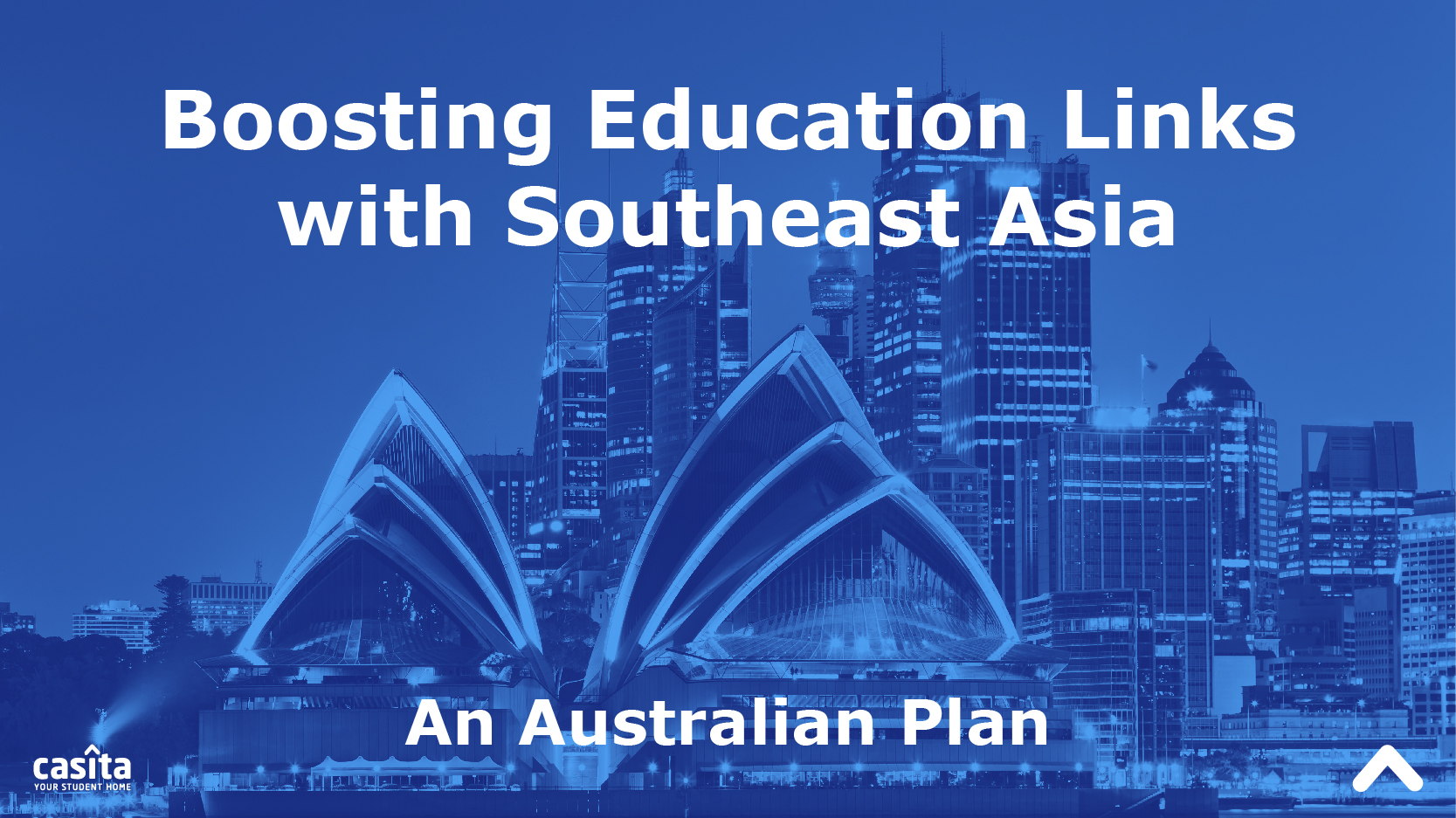Australian Plan: Boost Education Links with Southeast Asia
By Reem Mohamed
|
14 September, 2023
Share

Updated at:
Published at:
By Reem Mohamed
Australian Plan: Boost Education Links with Southeast Asia
By Reem Mohamed
|
14 September, 2023
Share

In Australia’s first strategy focused on the Southeast Asian region, the priority was to strengthen the education links with said region.
This new plan was launched at the ASEAN Indo-Pacific Forum in Indonesia by Prime Minister, Anthony Albanese. The new plan highlights how Australia sets to deepen its connections with its neighbours in the North as many Southeast Asian countries are currently experiencing strong economic growth.
Due to the stagnant movement of foreign investment over the past decade, it has been warned through this strategy that overall Australian to-date investment has been “underweight”.
Albanese described the change the government is looking to enact in the matter as “the most significant upgrade of Australia’s economic engagement with ASEAN for a generation”.
Albanese called this change: “an overdue strengthening of our engagement”, noting how the region is “where Australia’s economic destiny lies”.
It has been previously spoken about by Australian officials how they need to become less reliant on China as a major trading partner, especially amid current tensions and China’s overall economic downturn.
This strategy presents several recommendations, including increasing the investment in promoting Australia’s education system to students in the region. An additional recommendation is to increase the cooperation between education providers and the government to enhance the overall qualification recognition.
The strategy also goes on to describe Australia’s education system as a “national asset” in the overall engagement with Southeast Asia, highlighting that the sector has been “integral to building enduring relationships and economic prosperity with the region”.
It describes Australia’s education system as a “national asset” in engagement with Southeast Asia, adding that the sector has been “integral to building enduring relationships and economic prosperity with the region”.
Over the past 20 years, more than half a million students from Southeast Asia have pursued their education in Australia.
This strategy was developed by the special envoy to Southeast Asia, Nicholas Moore, and predicts a strong demand for education services from Southeast Asia, driven by a growing middle class and a large youth population, until 2040.
The report also notes that in order to harness this demand, Australian education providers will need to be “responsive to evolving student preferences and industry needs”.
The report predicts the following: “As the region grows and needs an increasingly skilled workforce to meet the demands of technological advances and the clean energy transition, more young people will be looking to tertiary education,”.
Universities as well as vocational education providers are also encouraged by the government to offer work-integrated learning opportunities as part of their course offerings to Southeast Asian students. Additionally, they are also encouraged to coordinate a nationwide initiative to engage alumni and connect them with potential businesses in both regions: Australia and Southeast Asia.
The CEO at the Vietnam-based talent platform, Cturtle, Shane Dillion, said that he was pleased by seeing the inclusion of the alumni networks, as ASEAN graduates with Australian qualifications are a “sizeable group… wanting to be engaged”.
Dillion was also involved in the consultations for the strategy and said the following: “The strategy mentions ‘alumni’ 36 times showing the critical role they could play in building capacity and awareness in Australia and Southeast Asia of each other’s markets”.
The cabinet also received advice from Moore to develop a nationwide plan with the aim of strengthening Southeast Asia literacy among businesses, government, and the education system.
The importance of this point was emphasised by Ly Tran, a professor at Deakin University’s School of Education, who argued that increasing student mobility does not go far enough.
She went on to say: “It is critical to develop a whole-institution approach and better coordination across different stakeholders, to facilitate a comprehensive approach to internationalising the student experiences and building sustainable capacity for Australian-ASEAN relations, rather than mainly depending on mobility or student exchange,”
“It is important to leverage Southeast Asia experiences, skills, knowledge, languages and networks that international students from ASEAN bring to Australian institutions and Australian communities. This is a potentially huge resource to build Southeast Asian capacity for Australian young people and the broader community that we have not yet effectively tapped on.”
Australia’s commitment to Asian language education and Asian cultural literacy should be at the centre of the government’s strategy to enhance the overall experience of incoming international students from the region, according to Tran.
